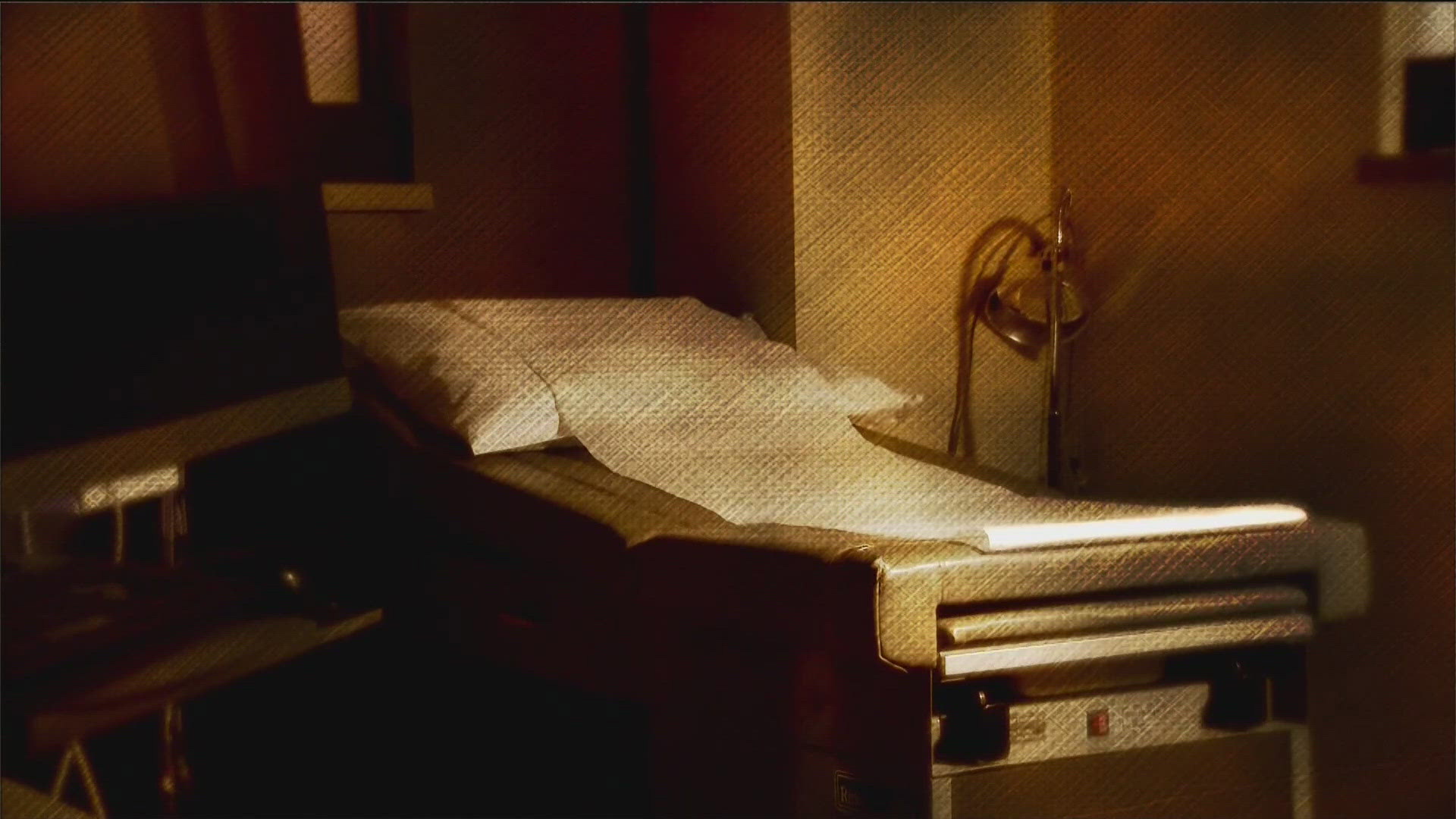BOISE, Idaho — An Ada County judge heard arguments Wednesday from the State of Idaho over its near-total abortion ban.
The plaintiffs rested their case in the morning after days of testimony. The state called three witnesses to the stand — two doctors from Idaho and one from Texas.
The state's witnesses pushed back on the notion that the laws are confusing. That includes Dr. Rodney Story, who practices family medicine in North Idaho. The state's attorney asked him whether doctors are confused by Idaho's laws.
"Among my colleagues ... [it] doesn't seem to be an active concern," he said.
OG/GYN Dustan Hughes took the stand before him. Hughes runs Lifestages, a private women's clinic in Nampa. He also has hospital privileges at Saint Alphonsus, meaning he can deliver babies there and sometimes gets called in when patients have pregnancy complications.
Hughes said Idaho's laws have not affected hospital staffs' ability to provide routine care, a direct contract to what doctors that took the stand for the plaintiffs said earlier in the trial.
They argued it is unclear how close to death the mother has to be before they can intervene. Abortions in Idaho are only legal in cases of rape, incest and to prevent the death of the mother.
Dr. Ingrid Skop, who works in Texas and is a pro-life activist, said she does not have understand why they are confused, saying doctors are "being made to fear the laws" and are smart enough to figure out legal terms.
"It is tragic and heartbreaking to see doctors say that they know they are violating the standard of care by intervening but they're justifying their inaction because of fear of these laws. that is moral injury to allow doctors to fear these laws that they do not need to fear," she said.
The lawsuit at the center of the trial aims to add and clarify medical exemptions listed under state law. The Center for Reproductive Rights sued on behalf of two doctors, four women who went out of state for an abortion after being denied one on in Idaho, and the Idaho Academy of Family Physicians.
Doctors who took the stand told the judge the laws are confusing and stop them from providing medically necessary care. They are afraid of losing their licenses, facing thousands of dollars in fines and possible prison time.
That includes Mountain Home Dr. Nichole Aker, who is also an IAFP member. Earlier in the trial, she got emotional talking about how the laws have impacted her.
"One of the things I love most about my job is delivering babies and helping families grow," Aker said. "But I think about my own kids, and I think about the risk that I'm putting them in by continuing to do what I do, and I wonder if it's worth it. As a family medicine doctor, I don't have to do this work. But if I don't do it … there's even fewer resources for patients."
Saint Alphonsus OB/GYN Emily Corrigan also took the stand last week.
She said Idaho's laws force high-risk patients out of state for abortions, often putting them in danger by traveling for hours without a hospital nearby.
"When I educate patients about what the laws say, they are very disappointed, frustrated and scared," Corrigan said. "That is probably – those conversations have been the most difficult I have had to had in my entire career."
Corrigan also told the judge hospitals and clinics have a hard time retaining and recruiting doctors that provide obstetric care.
The state pushed back during cross examination, which led Corrigan to say no Idaho doctor has been prosecuted or faced professional discipline for providing an abortion since the Defense of Life act went into effect two years ago.
Plaintiffs are not asking the court to allow abortions in all circumstances, just in three situations:
- When a pregnant person has a medical complication that poses a risk of infection, bleeding or makes it unsafe to continue the pregnancy.
- When a pregnant person has a medical condition made worse by pregnancy, cannot be treated effectively or requires recurrent, invasive intervention.
- When the fetus is unlikely to survive the pregnancy or birth.
The state said during opening arguments it is not the court's place to write exceptions into law, saying it would undermine the will of the people.
Trial picks back up Thursday morning and is expected to wrap up later that day. It is unknown when the judge will issue his ruling.

